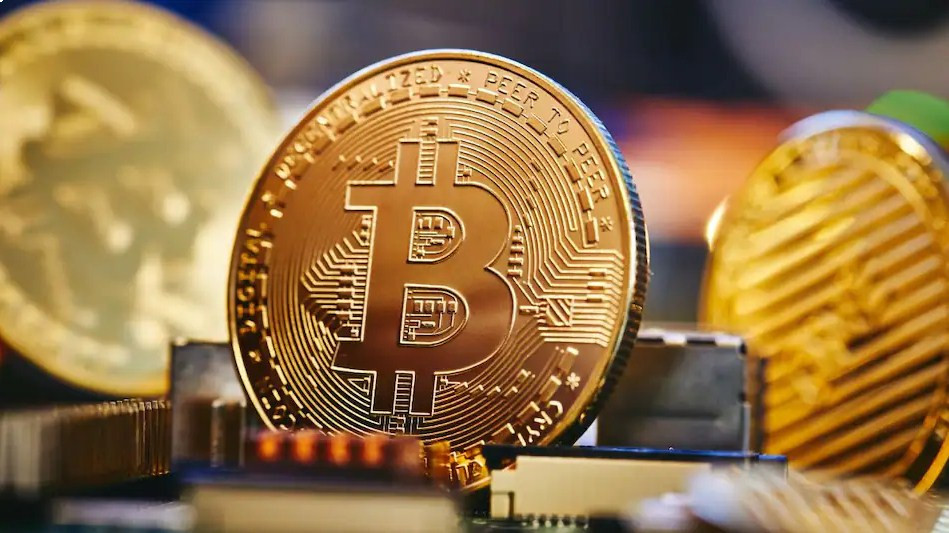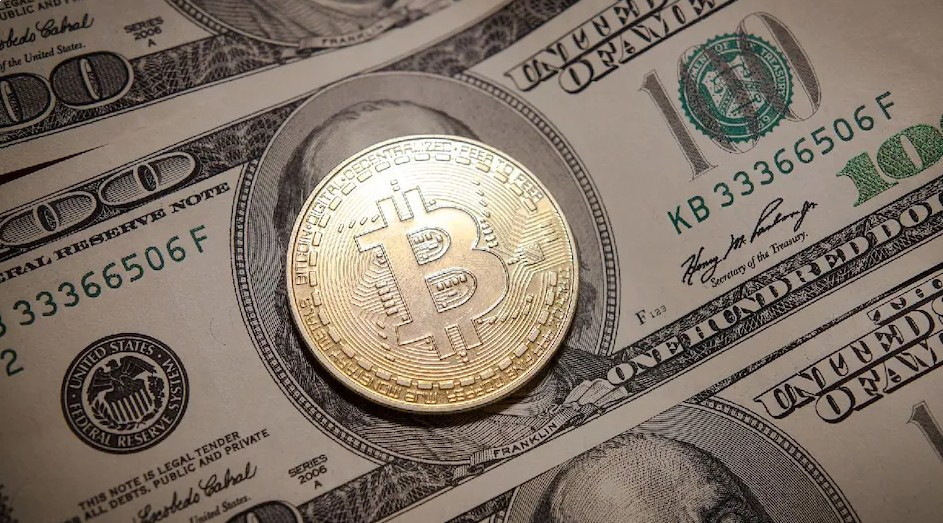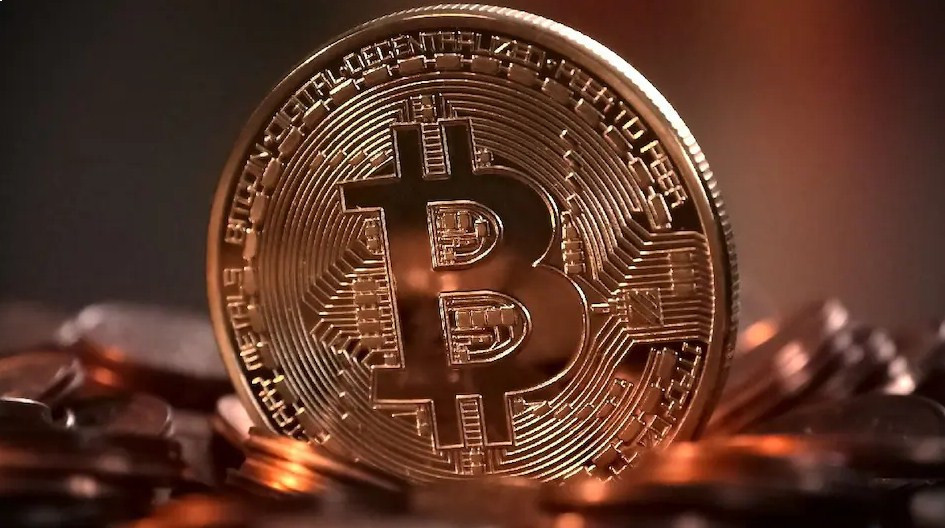Billions of dollars worth of Bitcoin have been seized years after it was stolen from the dark web's "Silk Road".
- FTX Collapse Has Put Spotlight on Vulnerabilities in Crypto Ecosystem: Economic Survey 2022-23
- Bitcoin Sees Profit Spike as Ether, Other Altcoins Record Losses: All Details
- BTC, ETH Open with Price Dips, Polkadot and Monero Emerge Among Gainers
Almost $3.4 billion in Bitcoin (BTC) has been recovered after being stolen from Silk Road, a dark web marketplace, via wire fraud.
Billions in Bitcoin Recovered and Culprit Identified
In early November 2022, around 50,680 BTC was recovered from a Georgia man's home by the U.S Justice Department. This was still worth a billion dollars at the time of the culprit's arrest a decade after he committed the crime. James Zhong, the man behind this monumental theft, pleaded guilty on November 4th.
In a search of Zhong's home, police found numerous other valuable items, including three one-ounce gold bars, 25 Casascius (physical Bitcoin) coins, and over $660,000 in cash.
The FBI has since shut down the Silk Road on the dark web, which was only in operation for around two years prior. It took more than nine years after the Silk Road's end for Zhong to be identified as the perpetrator of this gargantuan theft.
In an official US Department of Justice release, it was stated that the government is "seeking to forfeit, collectively: approximately 51,680.32473733 Bitcoin; ZHONG’s 80% interest in RE&D Investments, LLC, a Memphis-based company with substantial real estate holdings; $661,900 in cash seized from ZHONG’s home; and various metals also seized from ZHONG’s home."
Along with this, Zhong had to hand over the 1,004 BTC that he had not dissipated. Today, this amounts to almost $20 million. In this case of wire fraud, Zhong may face up to 20 years in prison.
This event marks the second-biggest seizure of stolen cryptocurrency by the US government, ranking very closely to the recovery of $3.6 billion in 2016 after the huge Bitfinex hack.
Zhong Exploited a Silk Road Flaw in Theft
In the theft of the 50,680 Bitcoin in September 2012, Zhong exploited a withdrawal processing flaw, which gave him the ability to take out vastly more Bitcoin than he'd originally deposited.
In the aforementioned release, the US Department of Justice gave an example of Zhong's illicit withdrawals. It was written that "Zhong deposited 500 Bitcoin into a Silk Road wallet. Less than five seconds after making the initial deposit, Zhong executed five withdrawals of 500 Bitcoin in rapid succession — i.e., within the same second — resulting in a net gain of 2,000 Bitcoin." All in all, Zhong executed 140 rapid transactions to steal the 51,680 BTC.
Zhong Also Acquired Huge Amounts of Bitcoin Cash
Zhong also profited from this crime five years after the fact, via the Bitcoin and Bitcoin Cash hard fork. In 2017, this split in the Bitcoin blockchain gave way to a new blockchain, known as Bitcoin Cash, with the native cryptocurrency BCH.
In this fork, equal amounts of BCH were given to those who held BTC funds. Because Zhong held the 50,680 stolen Bitcoin, he was able to get his hands on an additional 50,680 in BCH, which he then converted to BTC.
Crypto Crime Is Nowhere Near Done For
As the crypto industry grows in prevalence, the execution of crypto crimes continues to grow, namely those targeted at Bitcoin holdings. We will likely see more large crypto crimes taking place in the future, be it on exchanges, wallet providers, or other related platforms.







